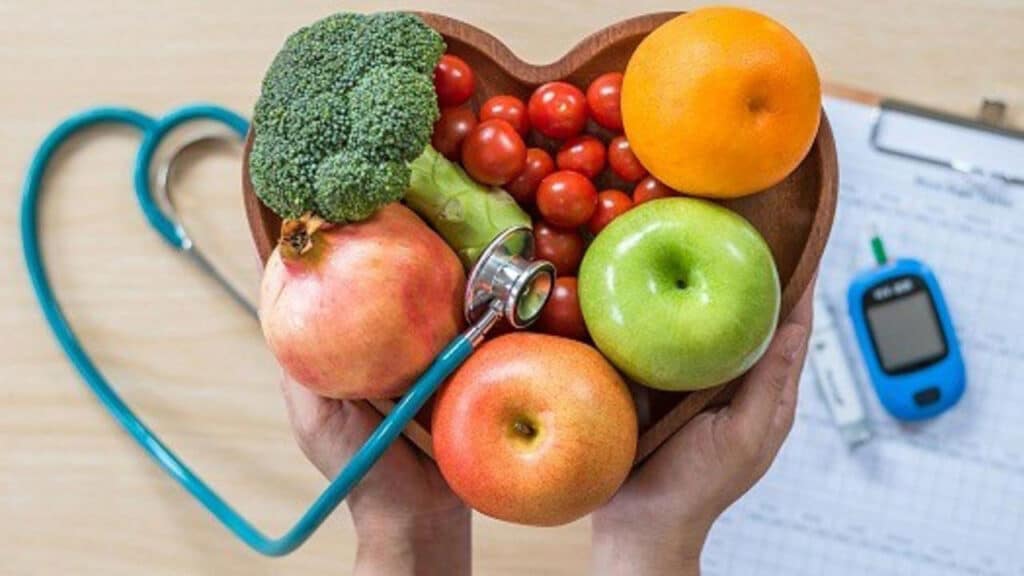We all need to eat. Cutting out all food completely is a surefire way to create all kinds of serious and potentially fatal health problems. For most people, the best way to eat is to balance all the possible nutrients that the human body requires so you get a little of everything without ever having too much.
Some people, on the other hand, need very specific things from what they eat. This doesn’t just mean weight loss, although there are plenty of diets that claim to offer that (with varying degrees of validity). From age and specific health conditions to professional athletes and ethical or religious concerns, there are lots of factors to balance for an individual diet plan.
Professional athletes tailor their meals to develop the best physical condition for their sports. This might involve an eye-watering amount of carbs, far more than most people would dare to eat out of fear of obesity. Athletes burn far more energy than an average person, and they also need more protein if they’re planning to build muscle.
There are lots of medical conditions that can affect diet. The most obvious are food allergies, which commonly include things like dairy, gluten, nuts, soy or seafood. Eating these things can cause a serious reaction and may even be fatal. Intolerances aren’t as serious as allergies, but they can cause a lot of discomfort. Then there are other conditions, like diabetes, which are heavily impacted by what you eat (in the case of diabetes, sugar levels).
Certain religions have specific dietary rules. The most famous are probably halal in Islam and kosher in Judaism. These requirements may include how animals are killed or the way crops are grown, what food you can eat or whether certain ingredients can be mixed together. Religious people are also likely to vary in how much they adhere to their dietary codes.
Ethical diets are something that have gained a lot more attention in recent years. Prominent examples include the increasing popularity of vegetarianism and veganism. People might follow these diets because of worries about animal cruelty or out of a wider concern for the environmental impact of the agricultural industry.
These are just some considerations that lead people to follow specialist diets. While everyone still needs their balance of nutrients to stay healthy, a food plan should account for any other factors involved.




